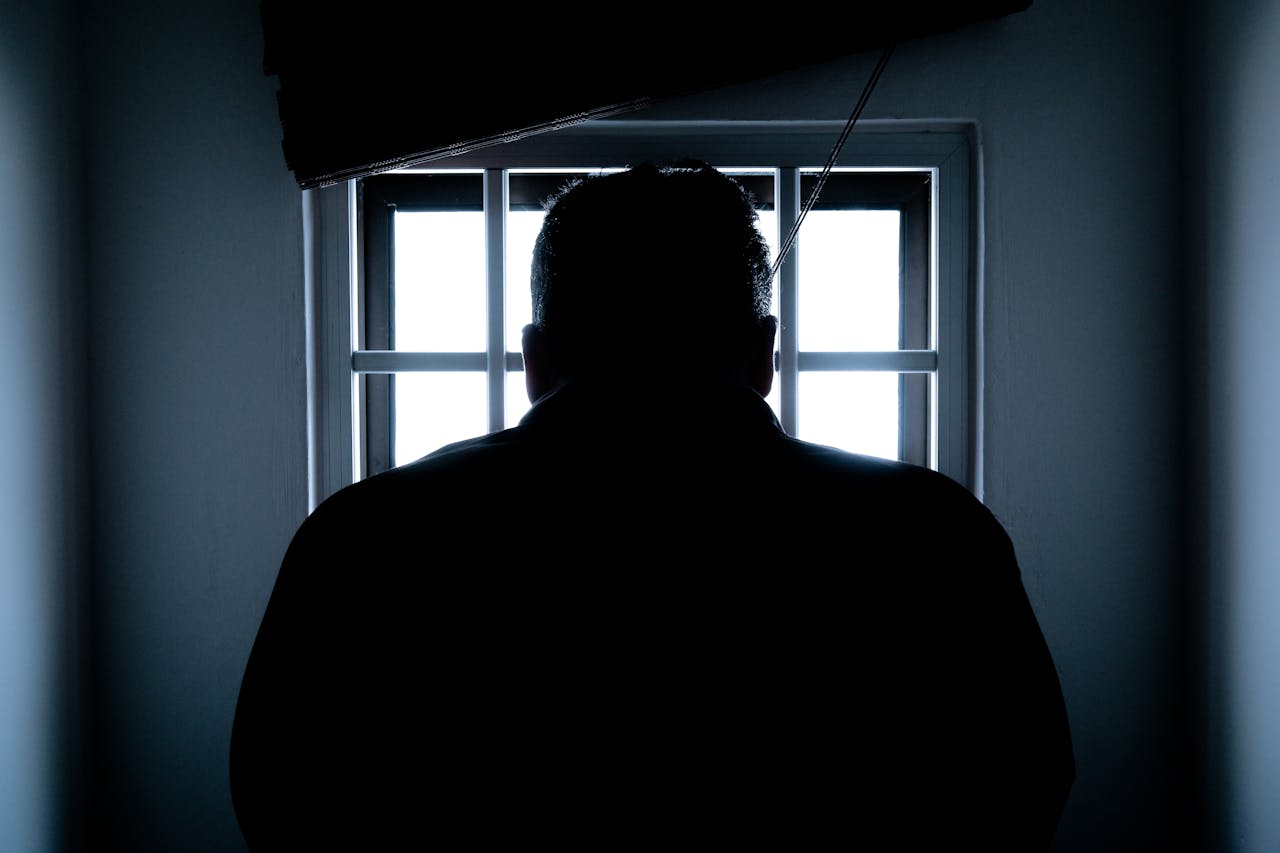
The Complexity of Umar Khalid’s Bail Rejection
Delhi’s Karkardooma court recently denied former JNU student leader Umar Khalid’s bail application, deepening the legal and political debates surrounding the 2020 Delhi riots. Umar Khalid, who has been in jail since September 2020 under the Unlawful Activities (Prevention) Act (UAPA), sought bail on the grounds of delays in his trial and comparisons to other accused who have been granted bail.
The court’s decision followed intense arguments from both sides. Khalid’s lawyer contended that the charges against him were flimsy, highlighting that the Delhi police’s charge sheet did not include any specific terror allegations against Khalid. Instead, his name was repeatedly mentioned without substantial evidence, which his lawyer argued did not make the accusations true. The defense also claimed that Khalid was a victim of a prejudiced media trial that painted him in a negative light.
On the other hand, the Special Public Prosecutor (SPP) argued vehemently against granting bail, labeling Khalid’s plea as “frivolous and baseless.” The prosecution accused Khalid of orchestrating protests at 23 locations in 2020, which allegedly incited the riots. They also claimed that Khalid was manipulating media narratives to influence public opinion and the judicial process. This included allegations that Khalid was using social media to propagate his views, which the SPP suggested was part of a larger conspiracy.
The court’s rejection of Khalid’s bail comes after several months of legal battles. Khalid had previously withdrawn his plea from the Supreme Court before approaching the local court. His defense highlighted instances where other accused, like Natasha Narwal, Devangana Kalita, and Asif Iqbal Tanha, were granted bail despite facing similar charges. However, the prosecution dismissed these comparisons, asserting that each case should be judged on its individual merits.
The court’s decision underscores the ongoing tension and complexity in cases related to the 2020 Delhi riots. It raises important questions about the balance between ensuring justice and preventing the misuse of laws like UAPA. The prosecution’s focus on social media activity as part of its argument also highlights the growing impact of digital narratives on legal proceedings.
As the legal process continues, Umar Khalid remains in jail, awaiting further developments in his case. The debates around his bail rejection reflect broader societal issues concerning justice, media influence, and the right to dissent.
